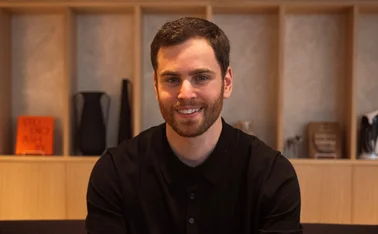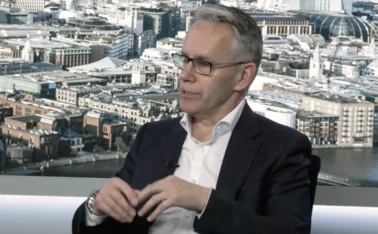
Roundtable: Strengthening the insurance industry’s defences against tomorrow’s fraudsters

In partnership with LexisNexis Risk Solutions, a roundtable discussion delved into the evolving landscape of insurance fraud and the industry’s ongoing efforts to combat increasingly sophisticated schemes. Izabela Chmielewska gives an overview of the key points from the discussion.
How has the insurance fraud landscape changed over the past 12 months?David Phillips: We’ve observed a rise in opportunistic fraud, categorised by individuals making unintentional mistakes rather
Only users who have a paid subscription or are part of a corporate subscription are able to print or copy content.
To access these options, along with all other subscription benefits, please contact info@postonline.co.uk or view our subscription options here: https://subscriptions.postonline.co.uk/subscribe
You are currently unable to print this content. Please contact info@postonline.co.uk to find out more.
You are currently unable to copy this content. Please contact info@postonline.co.uk to find out more.
Copyright Infopro Digital Limited. All rights reserved.
As outlined in our terms and conditions, https://www.infopro-digital.com/terms-and-conditions/subscriptions/ (point 2.4), printing is limited to a single copy.
If you would like to purchase additional rights please email info@postonline.co.uk
Copyright Infopro Digital Limited. All rights reserved.
You may share this content using our article tools. As outlined in our terms and conditions, https://www.infopro-digital.com/terms-and-conditions/subscriptions/ (clause 2.4), an Authorised User may only make one copy of the materials for their own personal use. You must also comply with the restrictions in clause 2.5.
If you would like to purchase additional rights please email info@postonline.co.uk








